In a statement posted on the company’s website, founder James Dyson said that ”the Dyson Board has taken the very difficult decision to propose the closure of our automotive project.”
The company had failed to make the project “commercially viable”, the statement explained, and attempts to find a buyer had proven unsuccessful.
Dyson praised the “immense” achievements of the automotive team and stressed that the decision was not a result of “product failure or failure of the team.”
The statement confirmed that the company will continue in its £2.5bn investment programme into new technology: “We will concentrate on the formidable task of manufacturing solid state batteries and other fundamental technologies which we have identified: sensing technologies, vision systems, robotics, machine learning, and AI offer us significant opportunities.”
The company had announced plans last year to make its first electric car at a new plant in Singapore. The plant was expected to be completed in 2020, with the EV hitting the market in 2021. The company said it would spend £1 billion ($1.4 bn) on developing the car and another billion to develop solid-state batteries. It bought the US-based solid-state battery company Sakti3 for $90m back in 2015.
Dyson already has a strong manufacturing base and supply chain in Singapore. It moved production of its vacuum cleaners from the UK to the Asian city state back in 2003, where it also operates R&D facilities and tests electric motors.































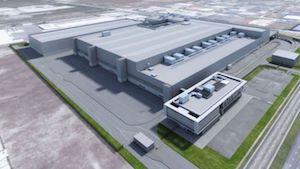
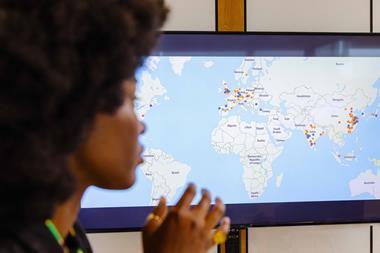
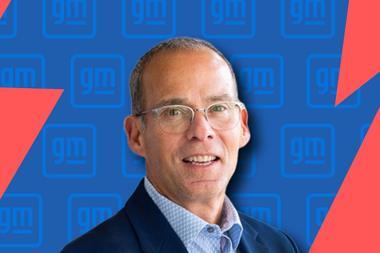
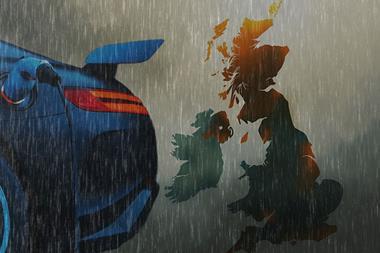

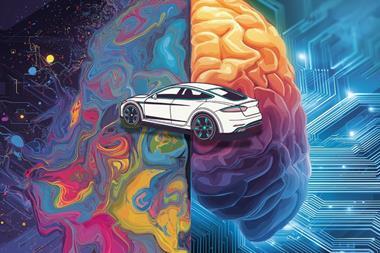



No comments yet